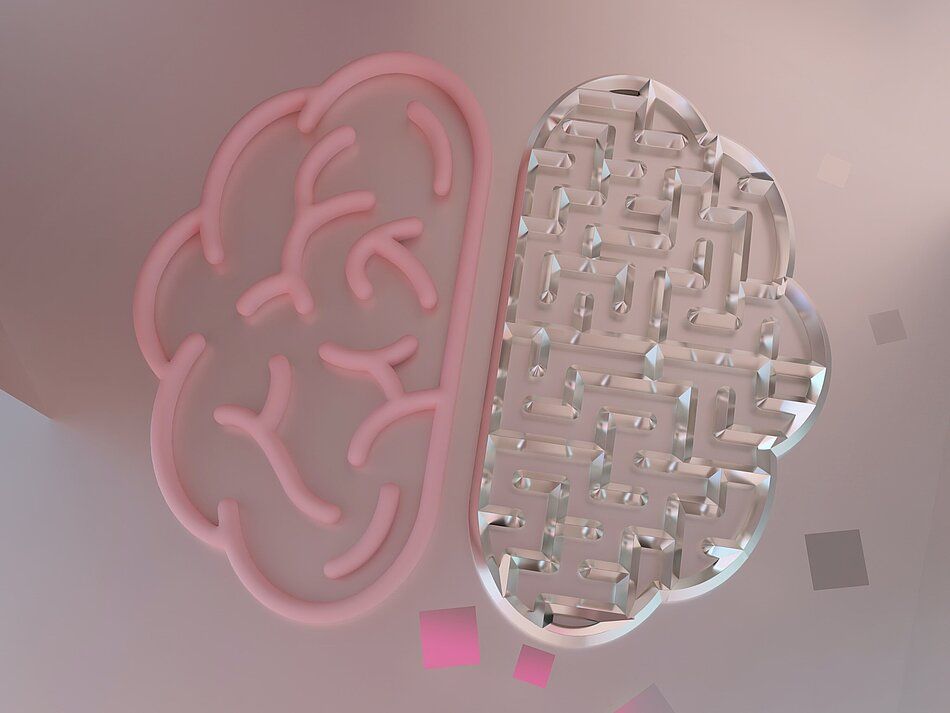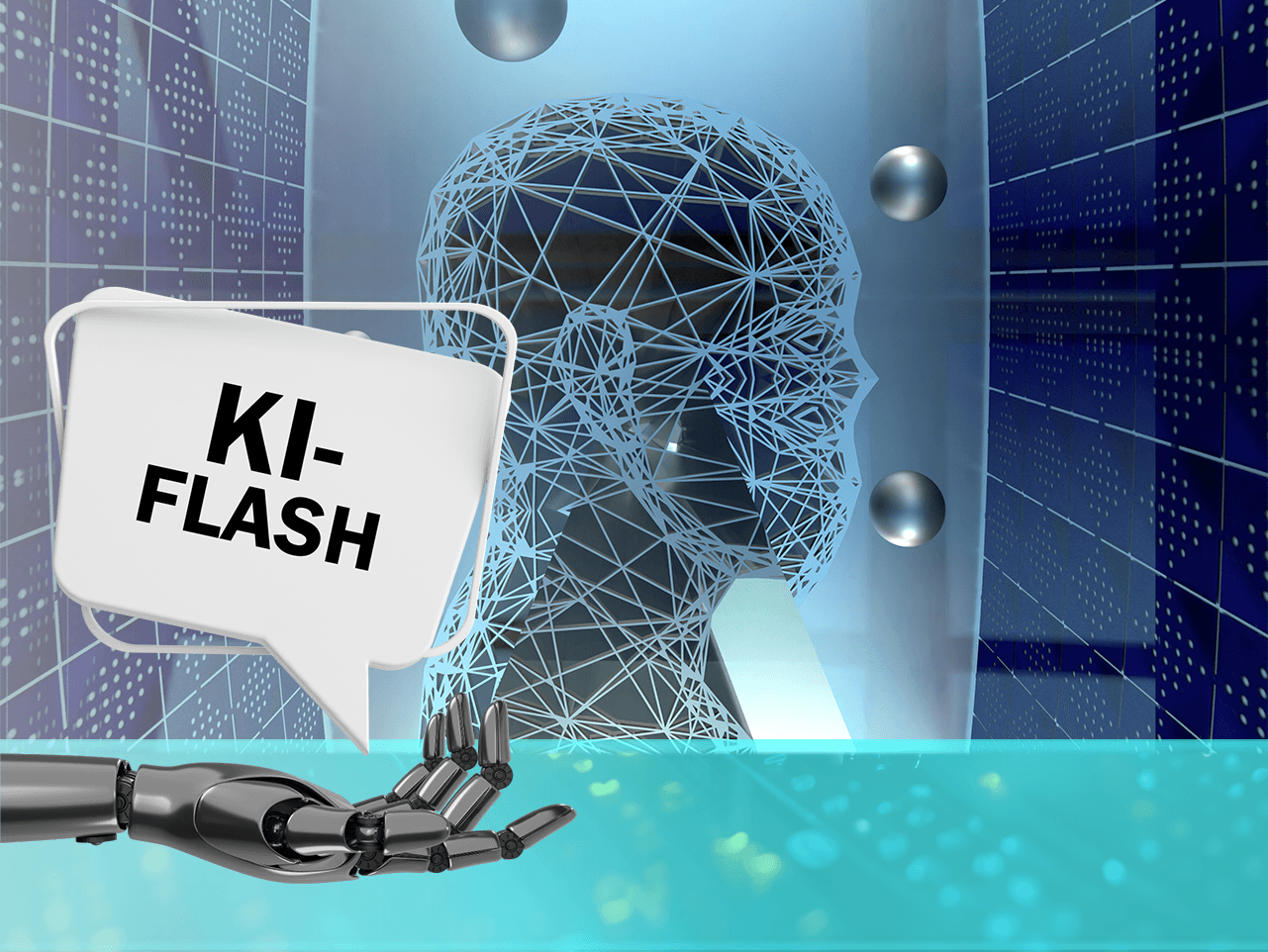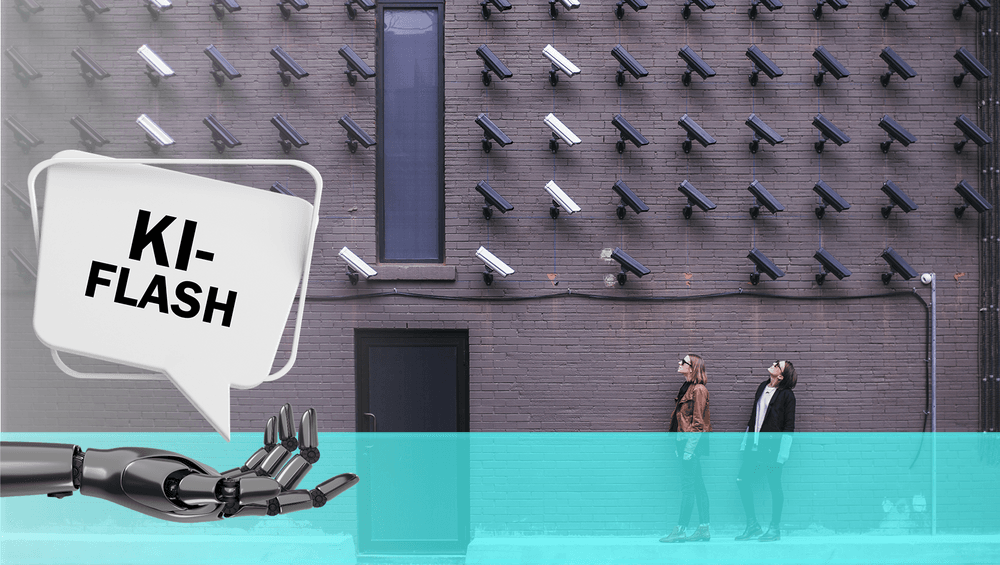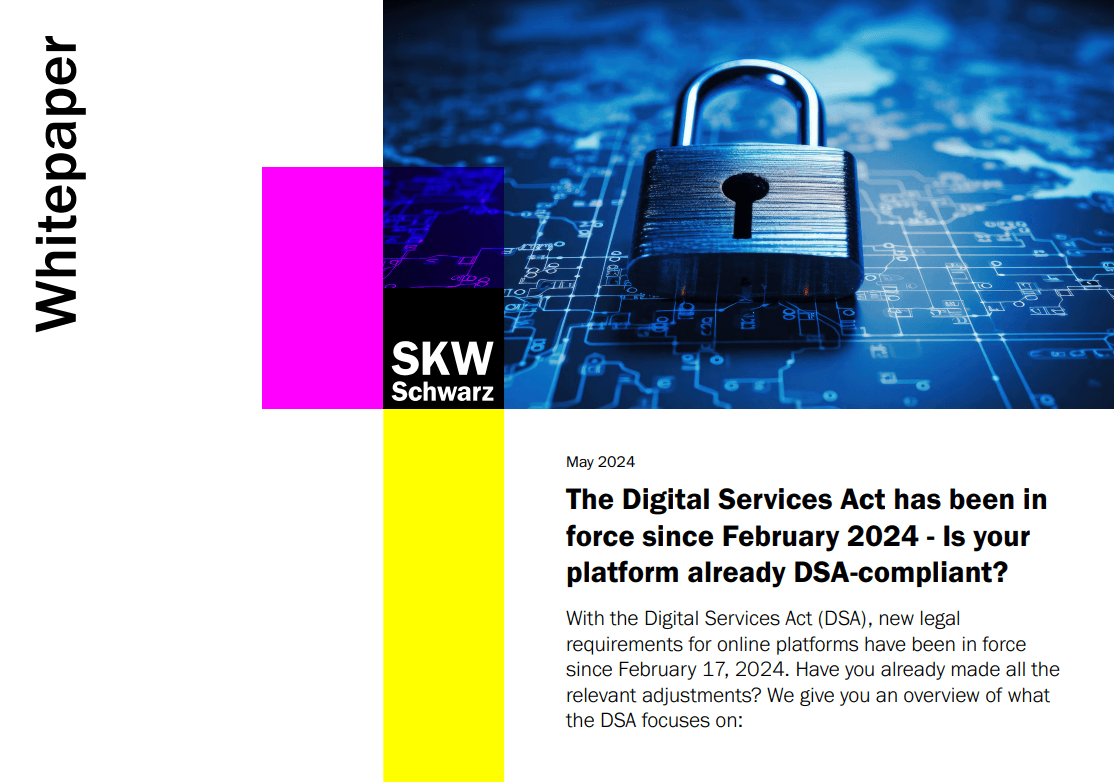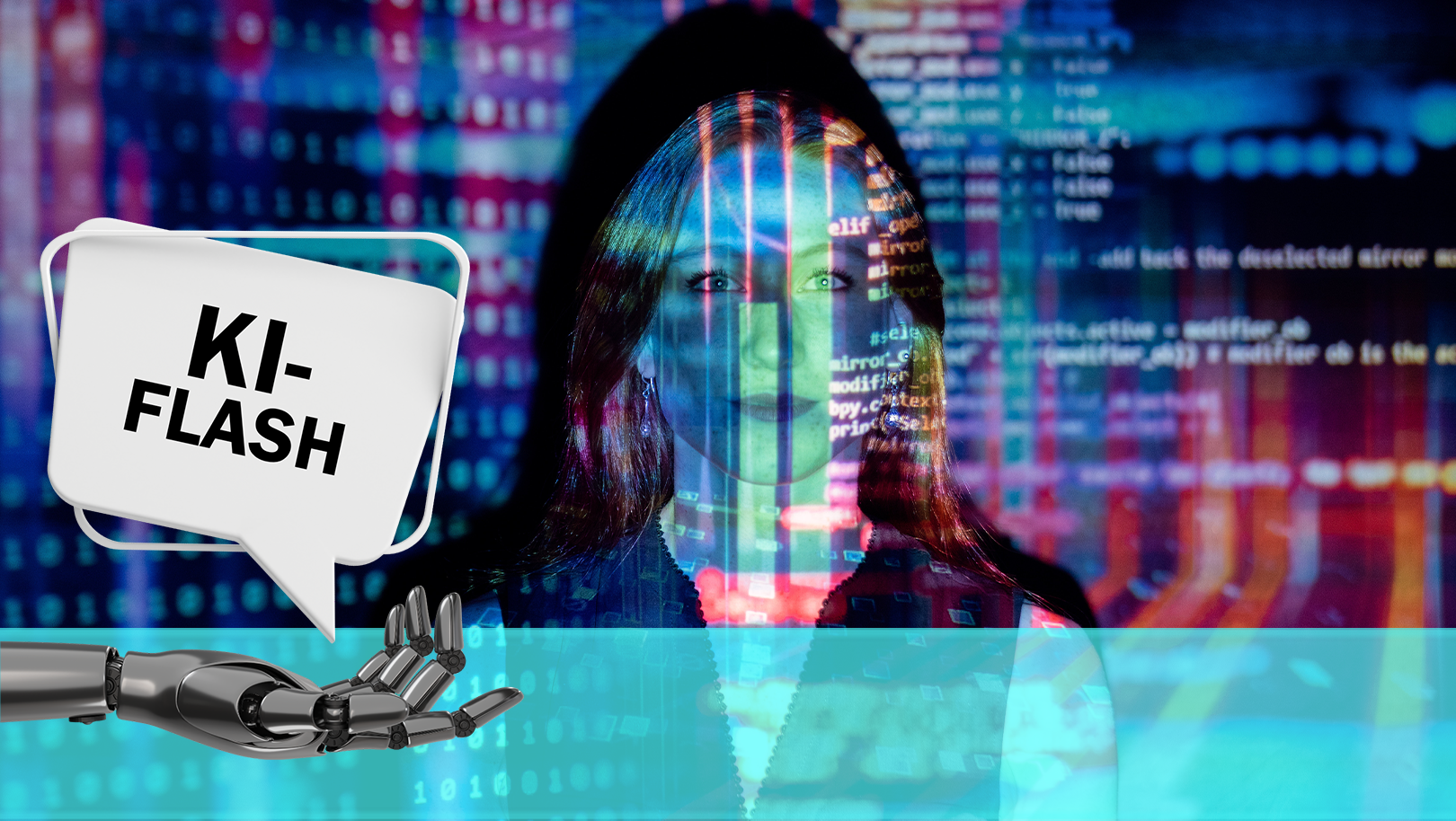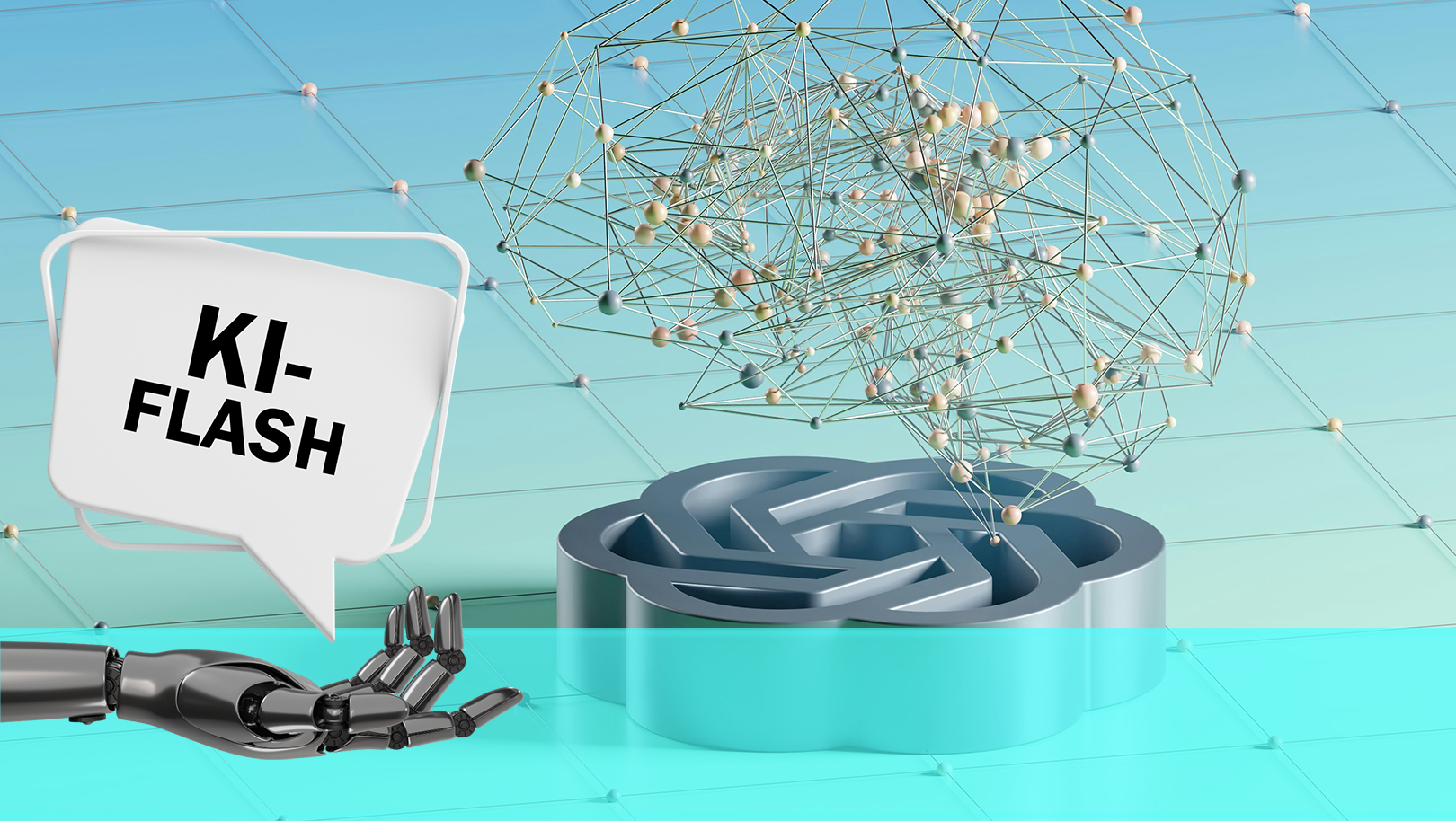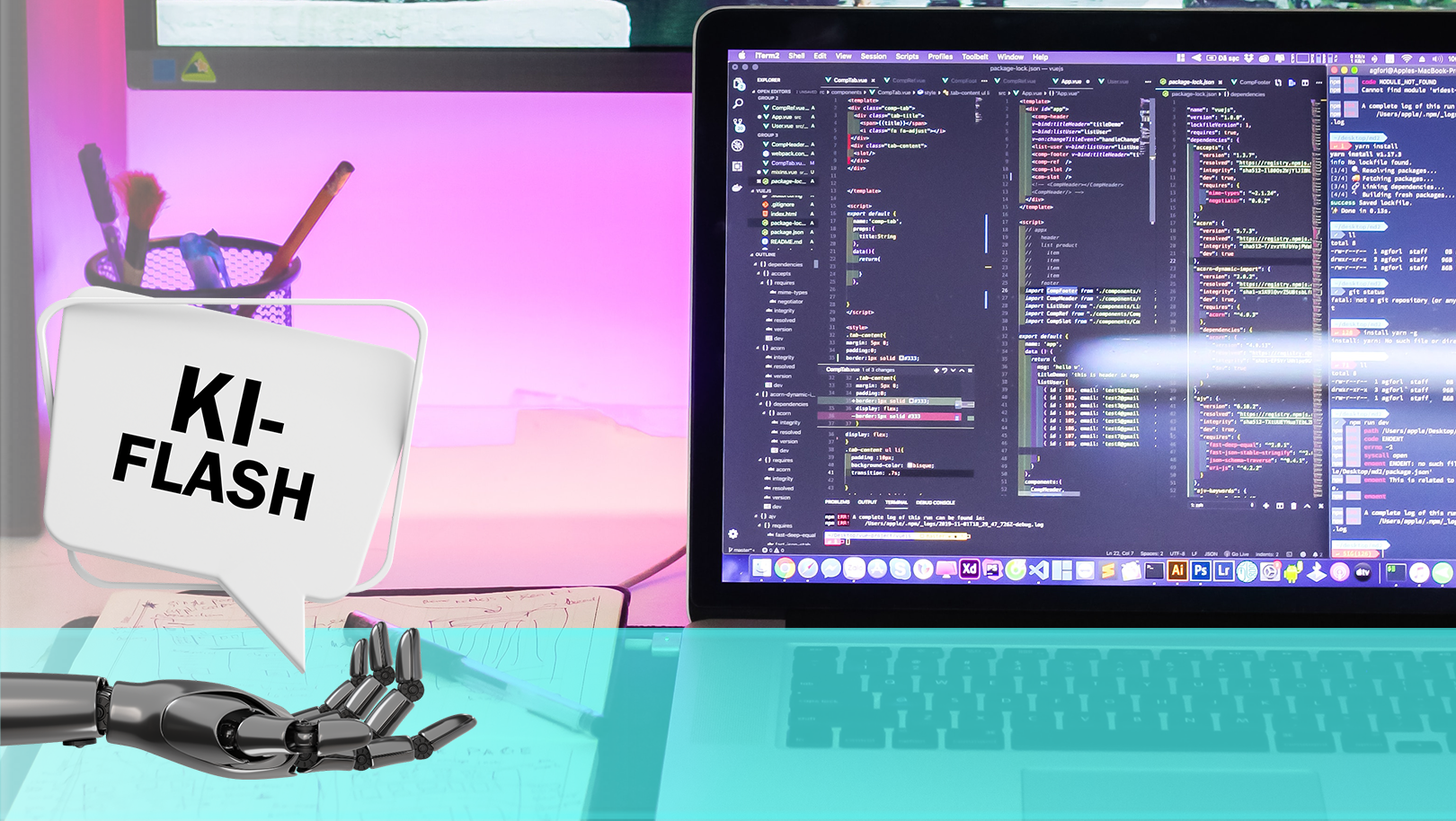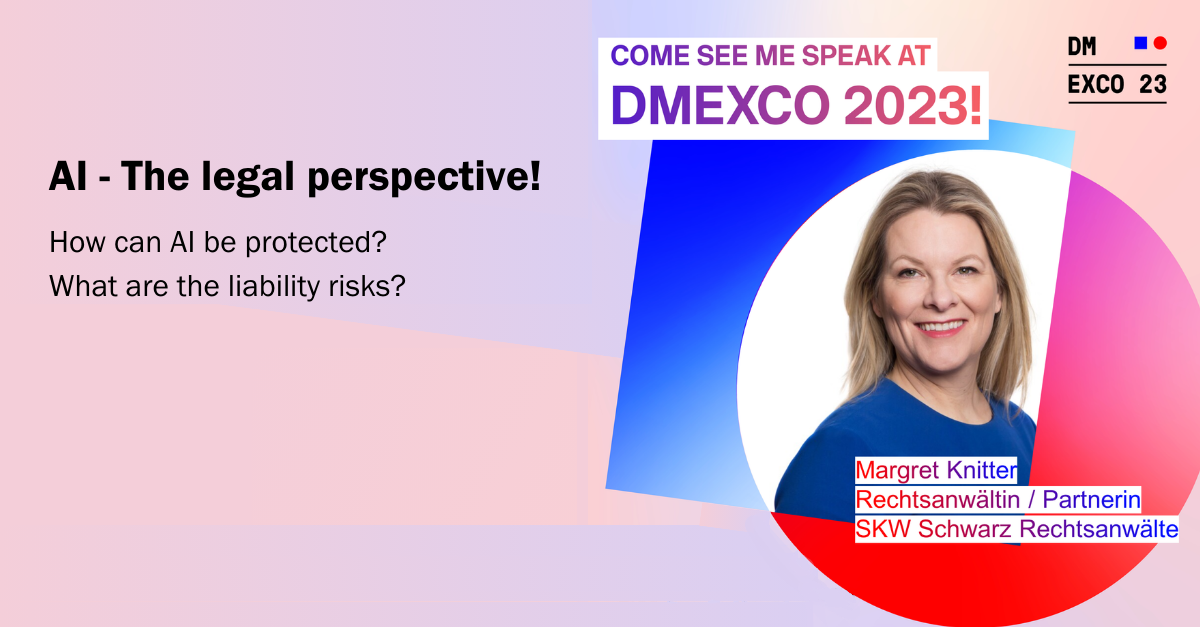What is it about?
The draft Directive adapting the rules on non-contractual civil liability to artificial intelligence (COM/2022/496; hereinafter: "AI Liability Directive") intends to extend and modernise the legal framework in the EU. For the first time, specific rules are introduced for damages caused by AI systems. This is intended to promote trustworthy AI systems, ensure benefits for the internal market and eliminate or reduce legal uncertainties related to liability risks for companies.
The new rules are intended to ensure that victims of harm caused by AI- systems are compensated in the same way as in the case of other harmful circumstances. Among other points, the directive introduces two essential measures: The presumption of causality relieves victims of the obligation to set out and prove in detail how harm was caused by a particular fault or omission. It also allows access to evidence held by companies or providers, especially in the context of high-risk AI.
